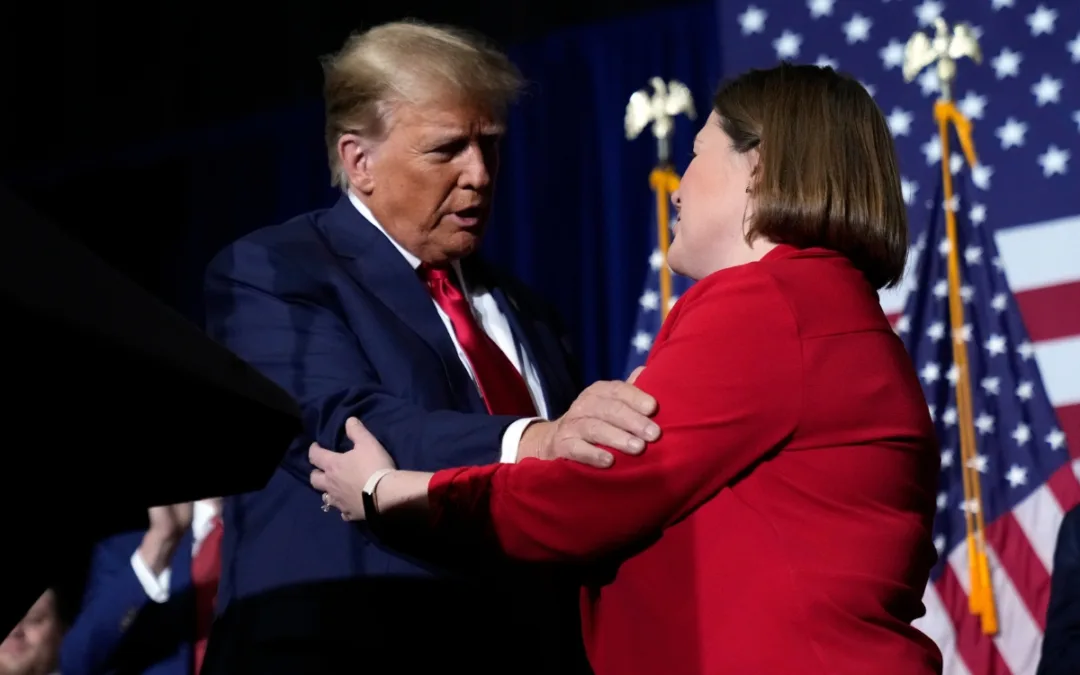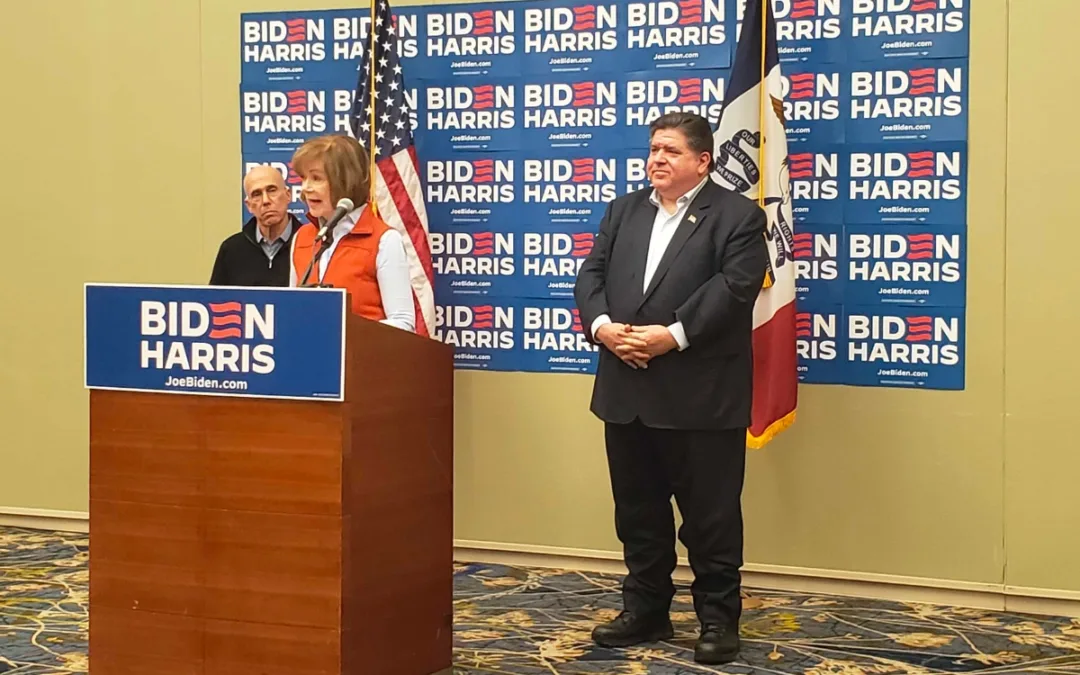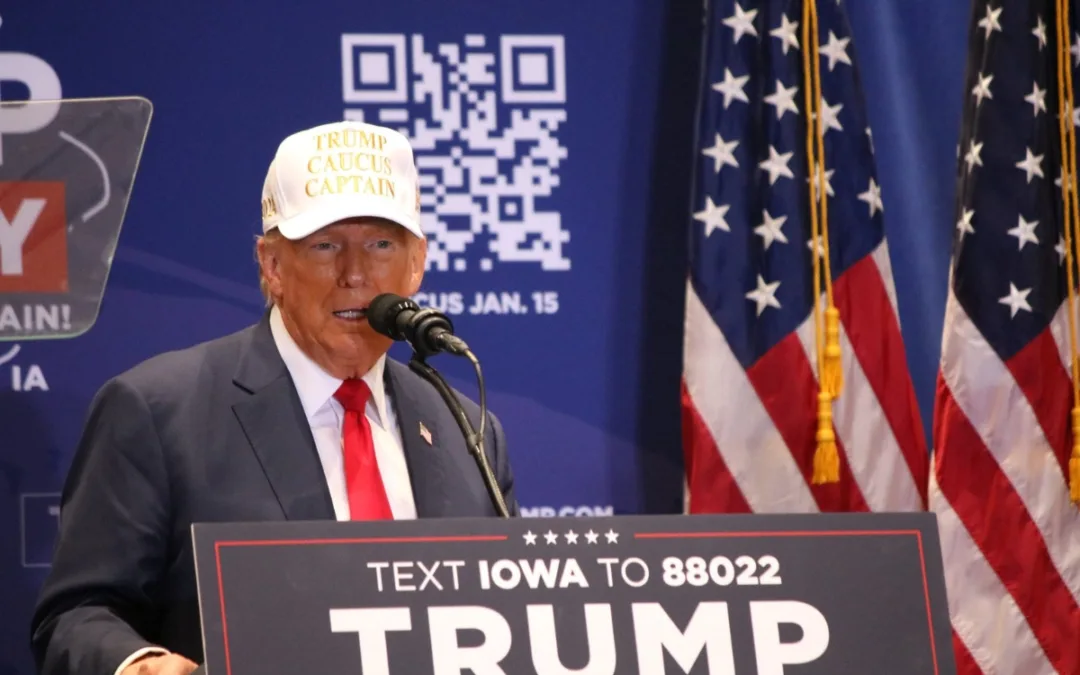
Though Julián Castro hasn’t released a comprehensive plan concerning the courts in America, he recently shared some of his ideas for the types of judges he would appoint.
At a meet-and-greet event in Omaha, Nebraska on Sunday, Castro told an audience of about 200 people that he would protect reproductive rights with his judicial appointments.
“I would appoint judges to the federal district, appellate and Supreme Court level who value the precedent of Roe v. Wade,” he said.
Castro emphasized the importance of lower federal courts in decision-making in America. Any case in the federal court system has to pass through the district and appellate levels on its way to the Supreme Court, if it isn’t settled at any of those levels.
Castro also acknowledged that many conservatives have been counting on that system to rule in their favor, and he said he would counteract the trend by appointing progressive judges who are committed to the idea of precedent.
“You know what these right-wing groups are looking to do,” he said. “They’re looking to bring a court case that they think the Supreme Court will take and overturn Roe vs Wade.”
[inline-ad id=”0″]
Castro said he’s also open to the idea of imposing term limits on Supreme Court justices.
“I don’t believe in packing the court because if we try to pack the court, then two or three years later, Republicans will try to pack the court. What I think makes more sense if we’re going to consider changes to the court, would be imposing a term limit on that court,” he told Starting Line. “Perhaps 15 years, perhaps 20 years. Something that allows for more people to get to serve.”
Several candidates have said they’re willing to consider expanding the number of justices on the Supreme Court, but others support some kind of term limits. Beto O’Rourke, for example, has proposed an 18-year term limit for justices.
Visiting Nebraska
Castro was in Nebraska on Sunday because he said he wants to meet voters in all 50 states.
“I’m proud that I’m one of the few so far to stop in Omaha,” he said. “I’m here in Omaha because I know that everybody counts.”
Nebraska’s Democratic primary in 2020 will be on May 12, months after Iowa’s Feb. 3 caucuses and the Super Tuesday states in March.
“The reason that I’m going to places that Democrats don’t usually visit is that I want to be president for everybody,” Castro said. “And if I’m elected, I want to make sure that we try to bring the country together, whether you’re red or blue, or you live in a big city or small town.”
Eric Williams, the natural resources planner at Omaha Public Power District said it was nice to see a candidate come to the Western side of the Missouri River and hear them speak in person.
“It’s good to hear everyone’s thoughts on important issues,” he said. “It’s great to hear impassioned speakers.”
Williams also said he thinks Nebraskans appreciate the opportunity to see candidates.
“Going to places and seeing things firsthand is good,” he said.
During his speech, Castro mentioned flooding in the Midwest and acknowledged the devastating flooding Nebraska experienced in March.
Today, he took time to visit Tabor and Bartlett, Iowa to tour the flooded areas and meet people impacted by the disaster.
by Nikoel Hytrek
Posted 7/8/19
Politics

Biden marks Earth Day by announcing $7 billion in solar grants
The Biden administration on Monday announced the recipients of its Solar For All Program, a $7 billion climate program that aims to lower energy...

6 terrifying things that could happen if the Comstock Act is used to target abortion
Does 1873 sound like a really, really long time ago? Well, that’s because it is—but if Republicans and far-right anti-abortion activists have their...
Local News

No more Kum & Go? New owner Maverik of Utah retiring famous brand
Will Kum & Go have come and gone by next year? One new report claims that's the plan by the store's new owners. The Iowa-based convenience store...

Here’s a recap of the biggest headlines Iowa celebs made In 2023
For these famous Iowans, 2023 was a year of controversy, career highlights, and full-circle moments. Here’s how 2023 went for the following Iowans:...





